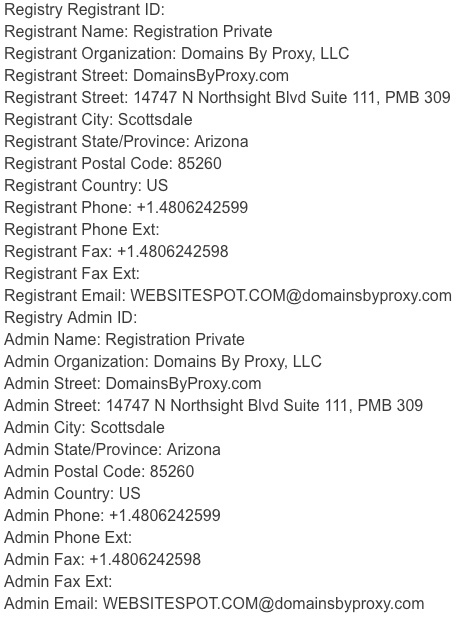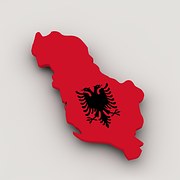What Is Domain Privacy?
- Donna Fisher
- September 2nd, 2016

Internet privacy is hotly pursued by denizens of the www. universe. The threat of identity theft is very real, as is attack by direct marketers, spammers, and hackers. But, is too much privacy possible? The argument over domain privacy is raging as nations debate its specifics, ethics, and legality. Meanwhile, many of us wonder, “What is domain privacy, anyway?” Here is a rundown of the definition, and info on the variations of privacy allowed by different providers.
Definition of Domain Privacy
Domain privacy is provided by the domain name registrar. When you buy a domain name, you may be offered the opportunity to buy privacy service from the provider. When you do this, your contact information in the WHOIS registry will be replaced with that of a proxy server.
The result is that, while you own a domain, no one can reach you personally. They can only reach the server, and you can get back to them. Sounds good, right?
Of course, it’s not that simple.

A screenshot of a domain with domain privacy
“Levels” of Privacy
You think that purchasing domain privacy would be the end of the story. Unfortunately, that depends on the provider. Some providers are wimps and will willingly release your information after a simple phone call.
Others are a little tougher. They insist on a written request or even a cease and desist letter before they spill your guts to the world.
Still others operate their registries much like an off-shore bank account. They won’t even accept credit card payments from the domain owner, but take money orders and even e-gold in payment instead. Even the registrar selling the domain doesn’t know who bought it. Sound kind of shady? It’s still under debate, and most of the bosses of the internet, like ICANN (Internet Corporation for Assigned Names and Numbers) can’t even decide if this is in violation of their policies.

What the heck is "e-gold," anyway?
Built-in Privacy
Some privacy, luckily, is built-in with your domain purchase. It is based on the country in which you register your domain. For instance, if you register in Albania, your domain name will have “.al” in it. Albania does not allow any information about its owners to be disclosed. Neither do Canada (.ca) nor Greece (.gr). If you use a United Kingdom domain (.uk) you can retain your privacy if you are not trading.

Albania - who would cross a nation with that logo?
All of the rest of the domain registrations will require a certain amount of transparency. Data available to the public, according to the country and domain, may be as simple as a postal address, as with Germany (.de), or, in the United States (.us), full disclosure of postal address, email address, and phone number.
WHOIS
WHOIS is the registry that contains every domain registered on the internet. It is, basically, a leftover directory from DARPA back in the 80s. It is very easy for someone with nominal knowledge to ask WHOIS for all of the domains related to a certain keyword. If your information is displayed, the inquirer can access your email, fax number, phone number, and any other information included. This is very useful to domain administrators, and it is used by law enforcement.
If ICANN discovers that you have given WHOIS faulty information, you could lose your domain name. However, it does allow you to use registrar-provided privacy services that use a proxy server. While the whole off-shore thing is still debated, you can have at least one degree of separation to achieve your domain privacy.


